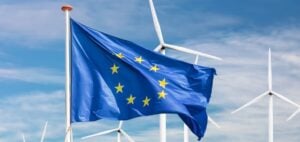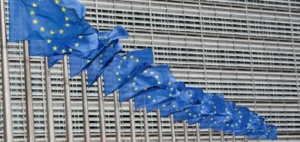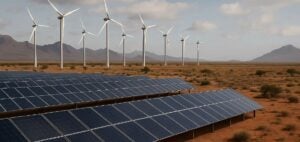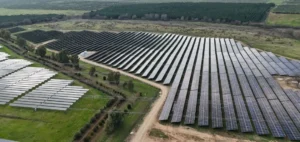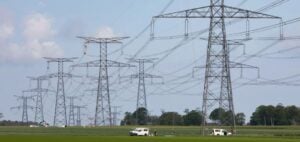Taxing super-profits could bring in much more than the government had planned, even if the measure is limited to the energy sector, economists at the Institute for Public Policy (IPP) estimated on Thursday.
After rejecting a tax on this sector, which has benefited enormously from soaring energy prices, the French government has finally rallied behind the European Commission’s proposal to tax corporate profits made “for reasons for which they are not responsible”, namely soaring oil, gas or electricity prices, explained IPP researcher Arthur Guillouzouic during a presentation at the Paris School of Economics.
Along with three colleagues, he believes that “the potential yield of the government’s amendment” is “much higher” than the 200 million euros calculated by the government on the basis of anticipated profits for the year 2022.
The amendment to the draft budget for 2023, entitled “temporary solidarity contribution”, and taxing profits exceeding the 2018-2021 reference period average by more than 25% at 33%, instead of 25%, “could bring in between 6 and 7 billion euros”, according to economists.
The tax proposed by Nupes, which is not limited to the energy sector but would affect all large companies with sales of over €750 million and profits more than 25% higher than the average between 2017 and 2019, could raise between €18.8 billion and €44.4 billion.
Another study by IPP and the Centre d’études pour la recherche économique et ses applications (Cepremap) concludes that the tariff shield on energy prices boosted growth in France by 1.7 points this year.
“The scenario adopted by parliament appears to be the best compromise, in that it preserves growth, manages to keep inflation under control and does not stimulate the price-wage loop,” explained Cepremap economist François Langot.
His study argues against indexing wages to inflation, “as its negative effect on employment would outweigh the positive effect on real hourly wages”.
Eric Coquerel (LFI), chairman of the National Assembly’s Finance Committee, who attended the presentation, said that the tariff shield “is better than nothing”, but that “we can’t be satisfied with this system, which hasn’t prevented a fall in purchasing power”. He calls for prices to be frozen when they soar.










